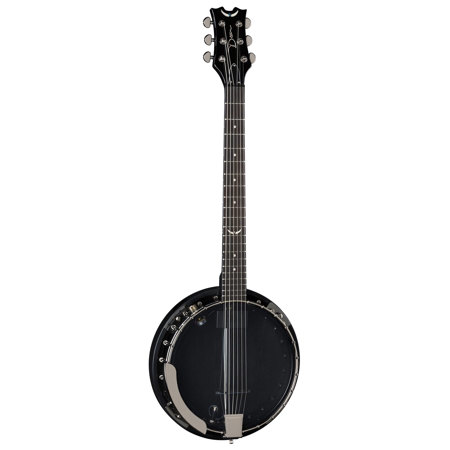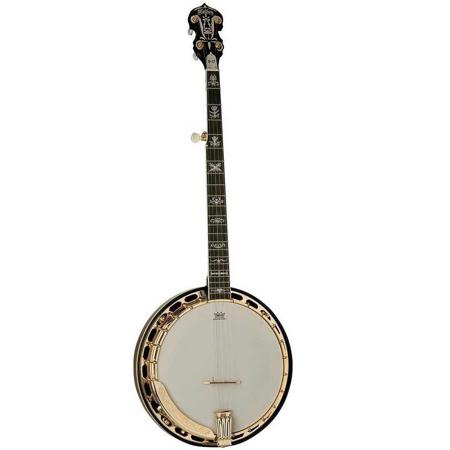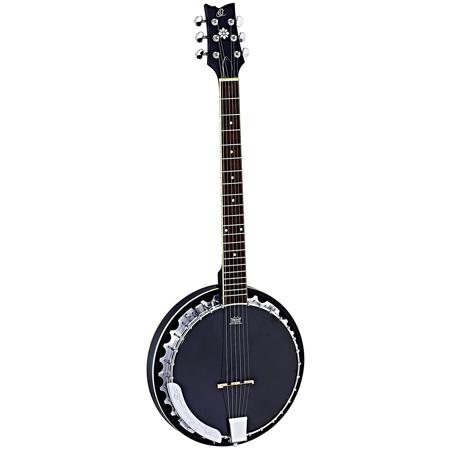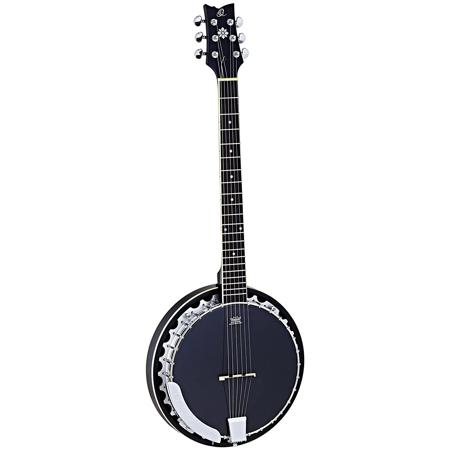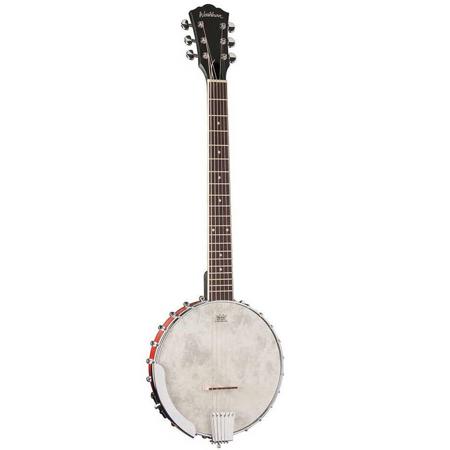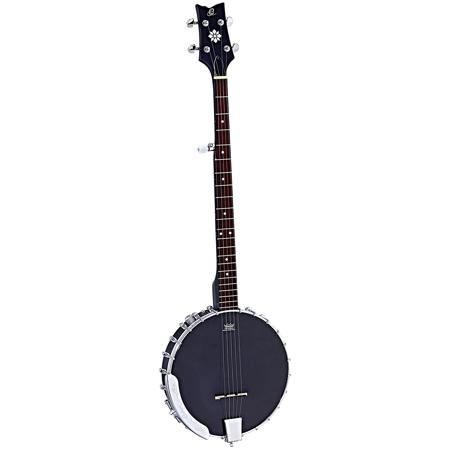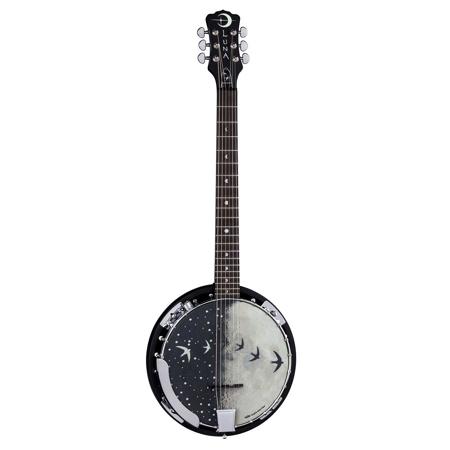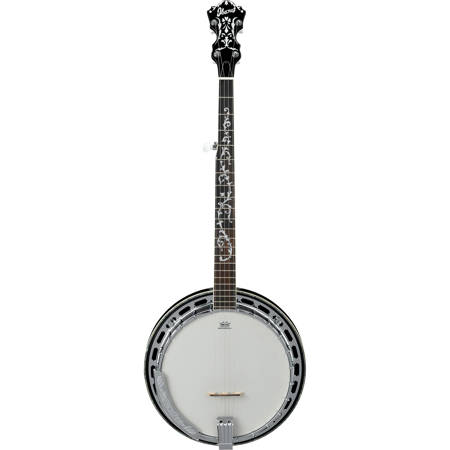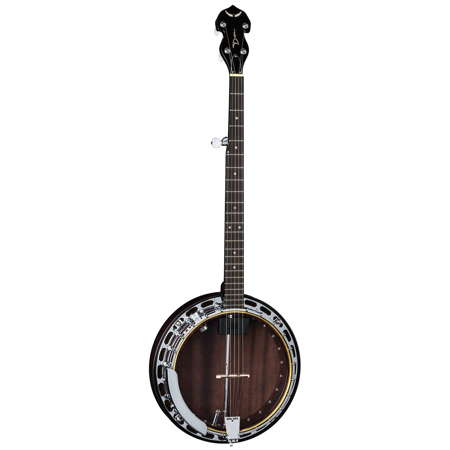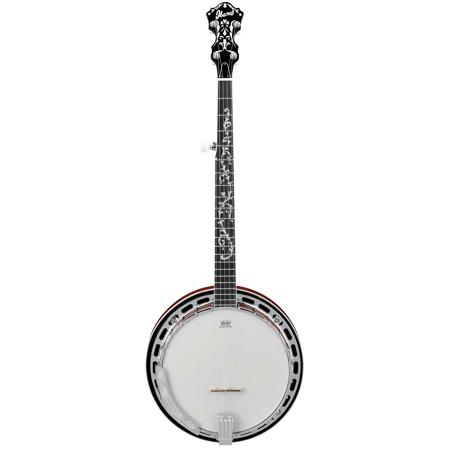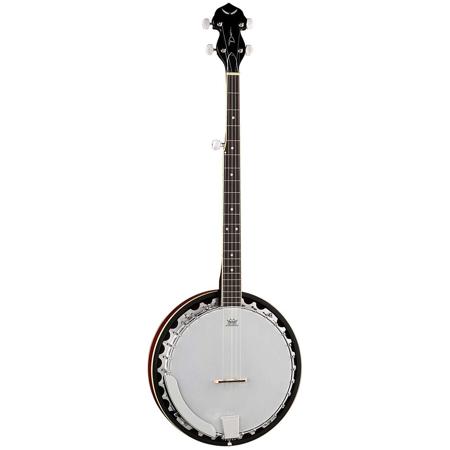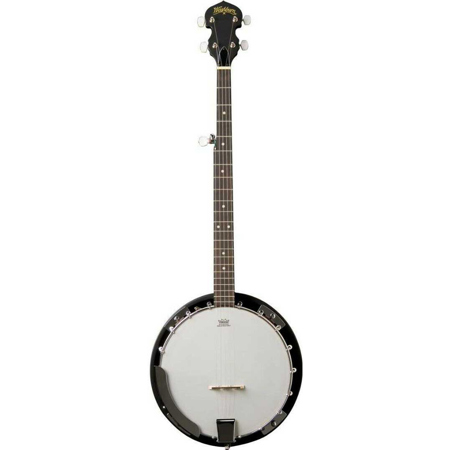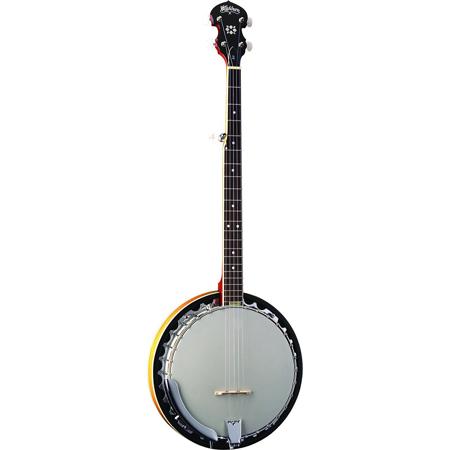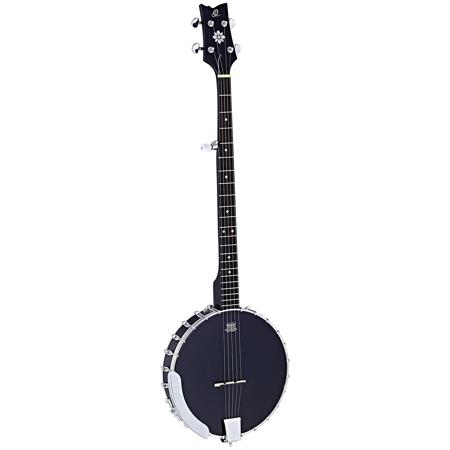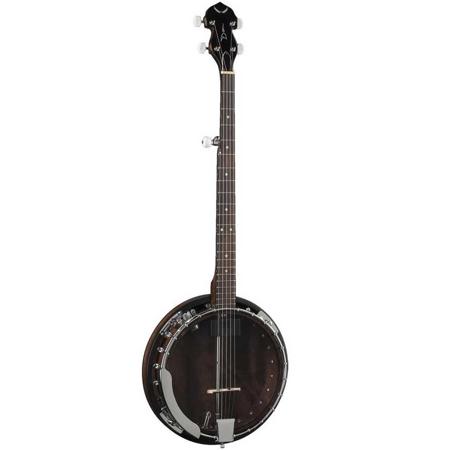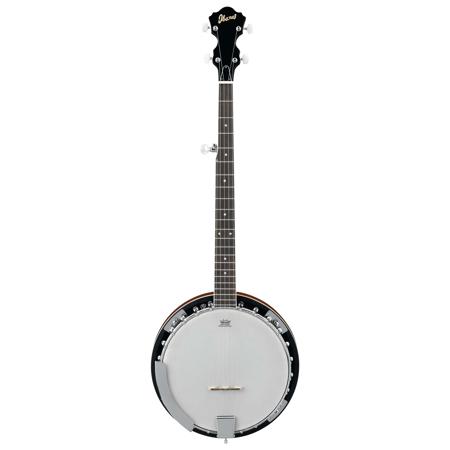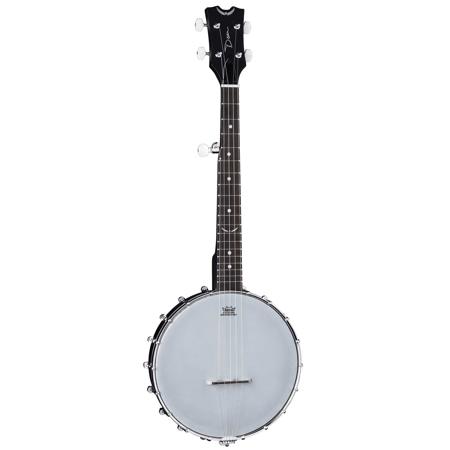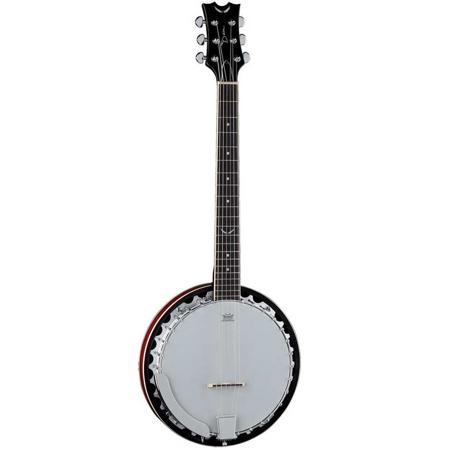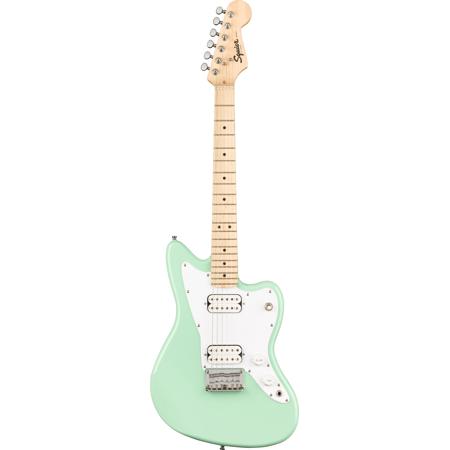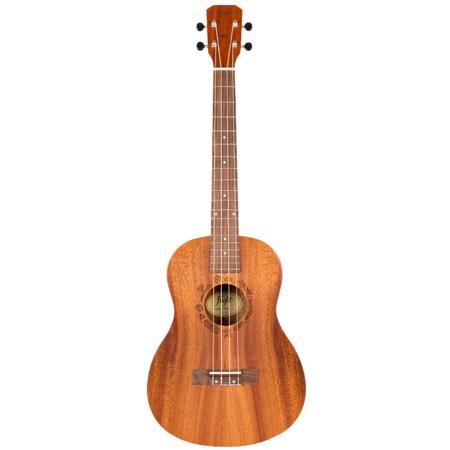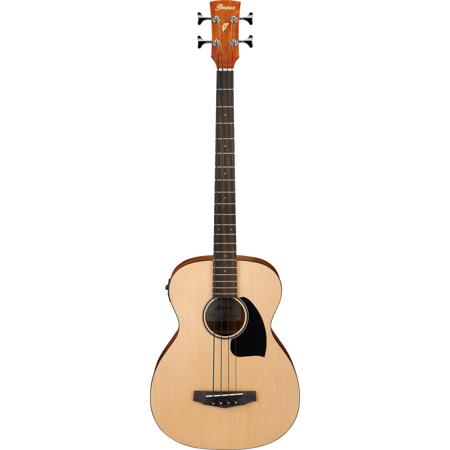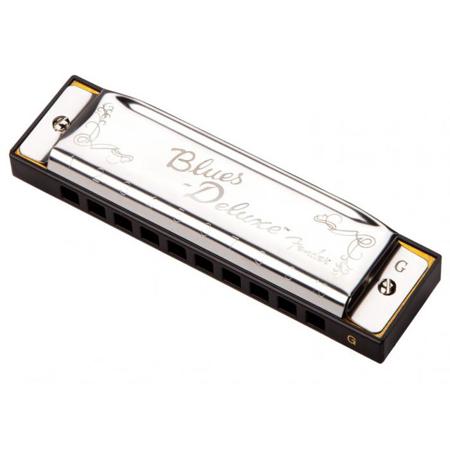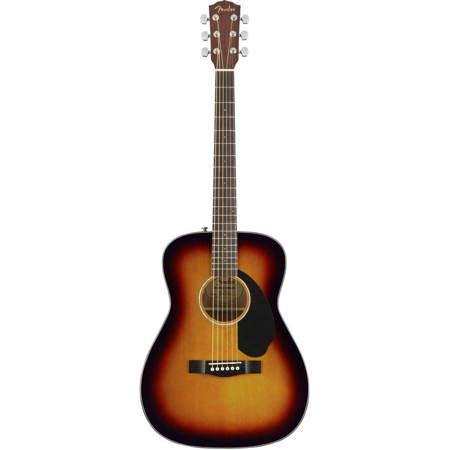Banjos For Beginners
Embarking on the journey of learning the banjo is a uniquely rewarding experience, whether you’re drawn to the bright, percussive twang of bluegrass or the gentle, melodic rolls of folk and country. Winter’s quiet months, when the world outside seems to slow down, offer the perfect backdrop for picking up a new instrument and letting music fill the home. For beginners, choosing the right banjo is about more than just finding a starter model—it’s about discovering an instrument that feels approachable, comfortable, and inspiring to play. Many first-time players gravitate toward lightweight, open-back designs, which are easier to handle and less intimidating than their heavier, resonator-backed counterparts. These models are ideal for learning basic techniques, exploring different tunings, and building finger strength without overwhelming the senses. The tactile pleasure of strumming and picking on a well-crafted beginner banjo can quickly turn daily practice into a cherished ritual, especially as the air turns crisp and the evenings invite cozy, creative pursuits indoors.
A beginner banjo makes a thoughtful gift for aspiring musicians of all ages, from students looking to join a school ensemble to adults seeking a creative outlet or a way to reconnect with musical roots. The learning curve is gentle enough that even young children can find success with the right size and setup, while adults appreciate the banjo’s versatility across genres and its rich tradition in American music. For families, the banjo’s lively sound can bring warmth and energy to gatherings, inspiring singalongs and spontaneous jam sessions around the living room. When selecting a banjo for a beginner, it’s wise to consider features like neck profile, string action, and tuning stability, as these elements can make a significant difference in comfort and playability. Many starter banjos are designed with adjustable components, allowing new players to fine-tune their instrument as their skills develop. Accessories such as padded gig bags, clip-on tuners, and instructional materials can further enhance the learning experience, making it easier to stay motivated and track progress. As confidence grows, beginners may also find themselves curious about other accessible stringed instruments; for those interested in expanding their musical horizons, exploring options like Beginner Ukuleles can be a natural next step, offering a similarly friendly introduction to the world of music.
The appeal of the banjo for beginners goes beyond its distinctive sound and approachable learning curve. There’s a certain magic in the way a banjo can transform a quiet January afternoon into a moment of creative discovery, or how it can turn a simple melody into something vibrant and memorable. Many beginners find that the rhythmic, syncopated patterns unique to the banjo foster a deeper understanding of timing and coordination, skills that carry over to other instruments and musical pursuits. Whether used for solo practice, group lessons, or casual performances among friends, a beginner banjo serves as both a gateway to a rich musical tradition and a source of daily inspiration. With the right instrument in hand, new players can look forward to a season filled with progress, creativity, and the joy of making music their own.
A beginner banjo makes a thoughtful gift for aspiring musicians of all ages, from students looking to join a school ensemble to adults seeking a creative outlet or a way to reconnect with musical roots. The learning curve is gentle enough that even young children can find success with the right size and setup, while adults appreciate the banjo’s versatility across genres and its rich tradition in American music. For families, the banjo’s lively sound can bring warmth and energy to gatherings, inspiring singalongs and spontaneous jam sessions around the living room. When selecting a banjo for a beginner, it’s wise to consider features like neck profile, string action, and tuning stability, as these elements can make a significant difference in comfort and playability. Many starter banjos are designed with adjustable components, allowing new players to fine-tune their instrument as their skills develop. Accessories such as padded gig bags, clip-on tuners, and instructional materials can further enhance the learning experience, making it easier to stay motivated and track progress. As confidence grows, beginners may also find themselves curious about other accessible stringed instruments; for those interested in expanding their musical horizons, exploring options like Beginner Ukuleles can be a natural next step, offering a similarly friendly introduction to the world of music.
The appeal of the banjo for beginners goes beyond its distinctive sound and approachable learning curve. There’s a certain magic in the way a banjo can transform a quiet January afternoon into a moment of creative discovery, or how it can turn a simple melody into something vibrant and memorable. Many beginners find that the rhythmic, syncopated patterns unique to the banjo foster a deeper understanding of timing and coordination, skills that carry over to other instruments and musical pursuits. Whether used for solo practice, group lessons, or casual performances among friends, a beginner banjo serves as both a gateway to a rich musical tradition and a source of daily inspiration. With the right instrument in hand, new players can look forward to a season filled with progress, creativity, and the joy of making music their own.
